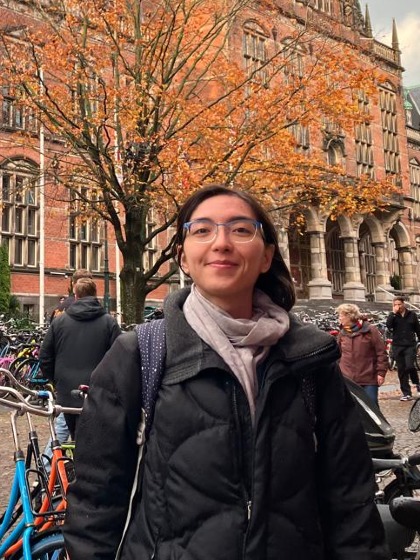Cultural Geography
Cultural geographers take as starting point that everyone relates to places in different ways and that places play key roles in people’s lives, in their spatial behavior and in their attitudes towards natural and cultural landscapes. In our teaching and research, we explore how senses of place and identity influence the ways people experience and respond to spatial transformations in rural, urban and virtual communities. We do this from varying angles, including community engagement, quality of life and wellbeing, socio-spatial inequalities and (in)justice, heritage, perceptions of landscape change, social impact assessment, culture and art, and social aspects of new technology. We use quantitative, qualitative and spatial methods and continually seek out societal and policy relevance in the projects we undertake.
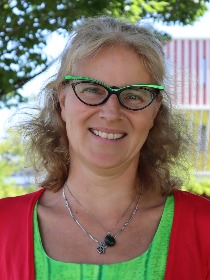


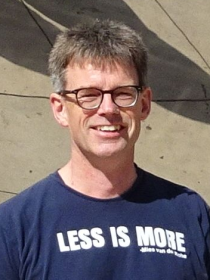


Agricultural economics
Economics and policy
Rural development
Nature inclusivity

- Regional identities and place attachments
- Geography Education (aardrijkskunde)
- Historical geography and landscapes
- Community forestry, India
- Agricultural value chain, Kenya & Ethiopia
- Citizen participation in spatial planning
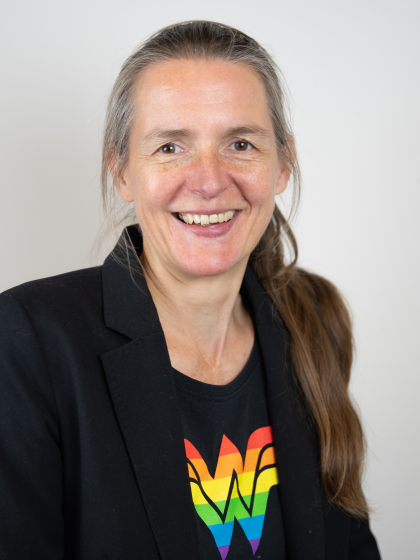

- experiences of poverty and social exclusion
- coming of age in disadvantaged neighbourhoods
- social & spatial justice
- initiatives and interventions in the neighbourhood
- social infrastructure
- intergenerational poverty
View my research minute: https://www.youtube.com/watch?v=VlpQR18n2Uc

Human-machine collaboration
Spatial Artificial Intelligence
Dynamic Landscapes
Environmental Science
Peatland Palaeoecology
More about my Arctic research:
[https://www.youtube.com/watch?v=3QDnQS37dgU] and
[https://www.youtube.com/watch?v=ih5w7si5cQw]
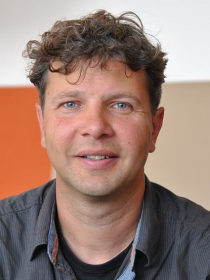

Teaching expertise: philosophy of social science; research design; quantitative & qualitative methods (including network analysis); environmental governance with emphasis on coupled human-natural interactions (socio-ecological systems).
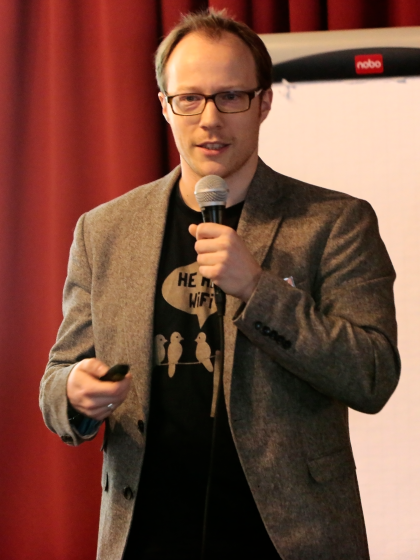
Community Development
Cultural Geography
Social Exclusion



PhDs




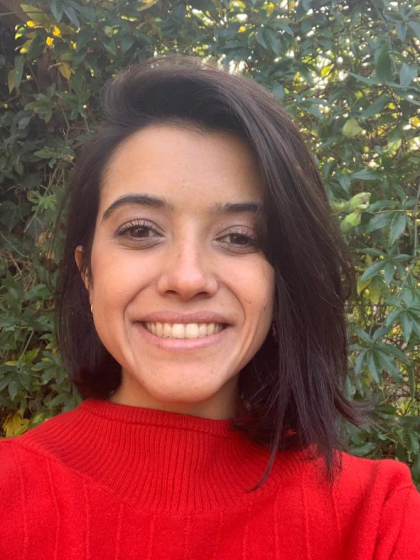
Children's Geographies

My PhD project is about different stakeholders in the Northern Dutch film sector, in relation to regional identities. This is an interfaculty project, between the faculties of Arts and Spatial Sciences.




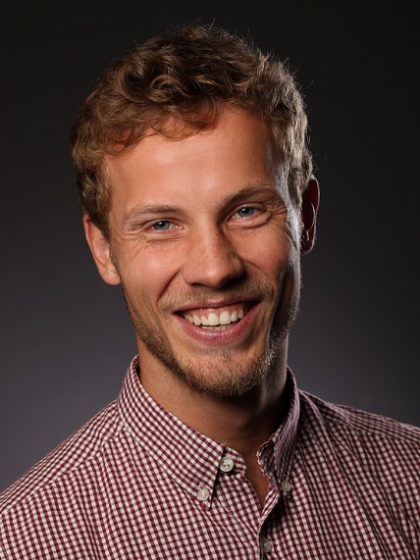
Qualitative Data Analysis (Atlas.ti) ,
Social Network Analysis (including basics of statistical modelling via ERGM and SAOM)

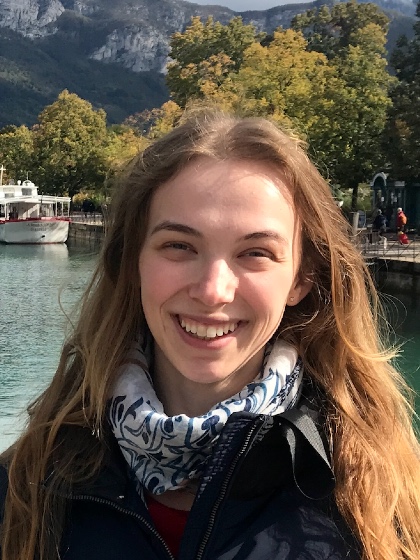
My PhD research focusses on the socio-cultural relations between rural and urban areas in the Netherlands.



